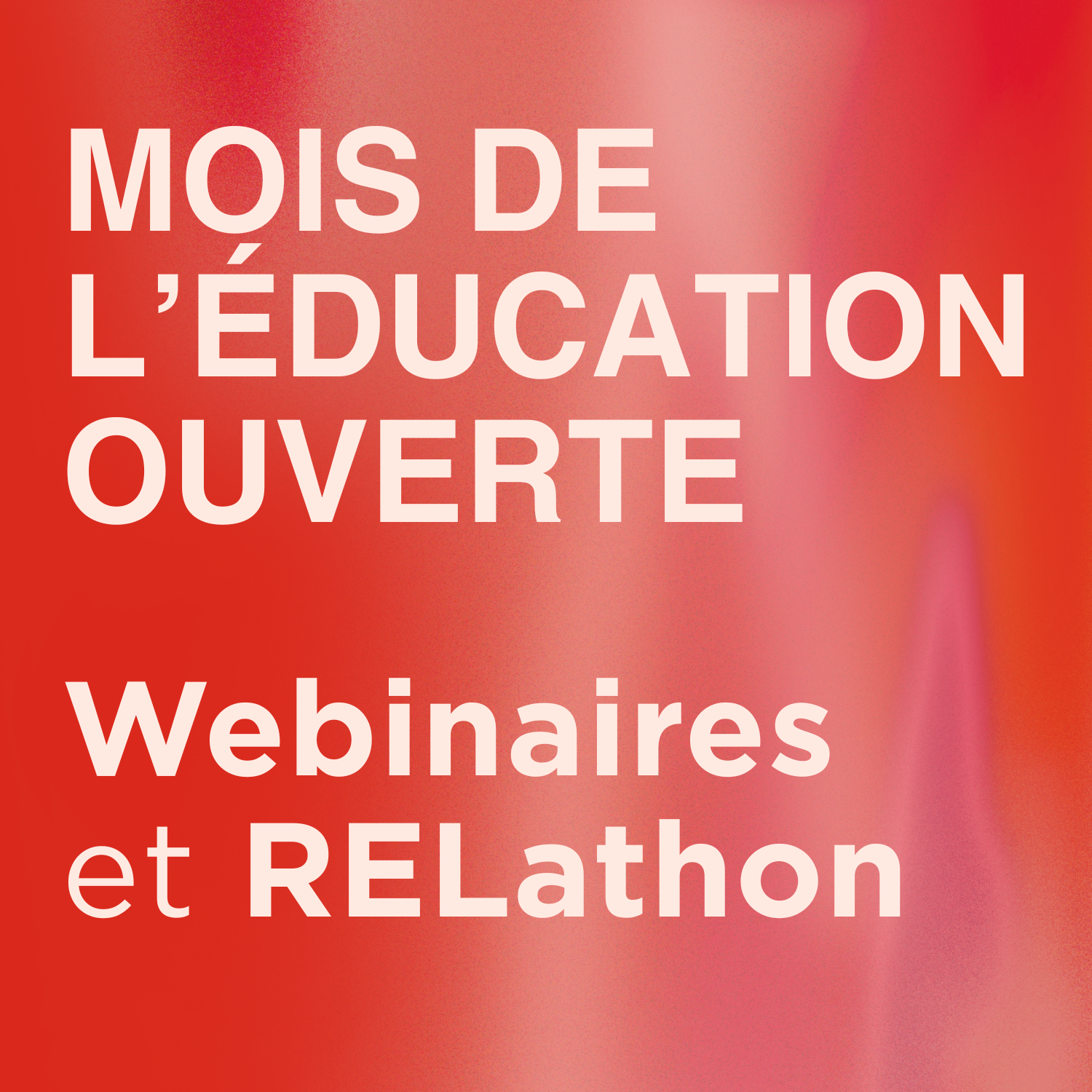Open Letter to Michiel Kolman, Senior VP Global Academic Relations, Elsevier
On behalf of research community stakeholders, we are calling on Elsevier to withdraw its current policy on text and data mining (TDM). TDM is a digital research method which enables the analysis of vast and heterogeneous types of content. It has led to new medical and scientific discoveries and is set to be key to increasing the productivity of research and become an established element of research methodologies. Europe is falling behind in the exploitation of TDM because the lack of clarity in the current European copyright framework is disincentivising the uptake of TDM by researchers. In the UK, an exception for TDM has been introduced into legislation. What this means is that TDM will no longer be an activity that is subject to licence in the UK; any researcher will be free to mine content to which their institution has legal access. We see no reason that researchers across Europe and beyond should not have equal rights to mine content to which they have legal access.
Restrictive licences provided by publishers for access to content for the purpose of TDM have the potential to further disadvantage the research community by enforcing strict parameters around how content can be mined and under what conditions the results may be made available.
We have strong reservations (1) about whether the updated Elsevier TDM policy (2), released on January 31st 2014, will meet the needs of researchers over the long term. The API that Elsevier is offering to access content can be a useful tool for developers, but limiting this service to only text will force researchers to continue to negotiate one-to-one licences for access to the full content (images, figures, etc.). Also, explicitly preventing direct crawling of content disregards the most common method of performing TDM. What is more, we believe that, because it places conditions on how TDM outputs may be made available, the policy will have a negative impact on the dissemination and transparency of research results. We call on Elsevier to abandon this policy and adapt their licence terms and conditions which will set a positive example that other publishers may follow in order to:
1. Protect the academic freedom of the researcher
Presenting researchers with no other option but to register their details and agree to a click- through licence, the terms of which can change at any time, in order to gain access to content for the purpose of TDM is unacceptable. It places undue liability on the researcher and undermines the role of the institution as an intermediary tasked with protecting its researchers’ privacy, as well as its ability to protect its intellectual capital.
2.Support responsible research and dissemination
In order to ensure transparency and reproducibility of results, it is essential that institutions are permitted to securely store a copy of the individual datasets which researchers have used for their experimentation. Moreover, we do not agree that any publisher should mandate how researchers licence the output of their TDM research.



